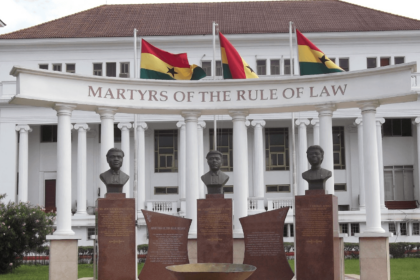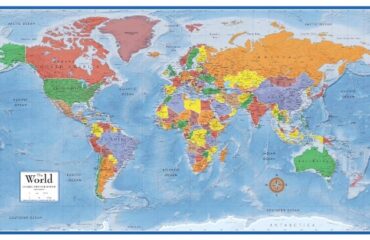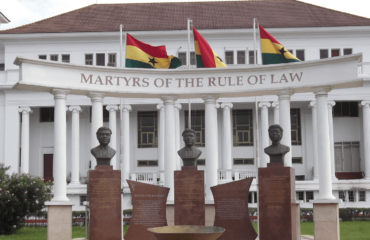
The recent detention of Bernard Antwi Boasiako, widely known as Chairman Wontumi by the Economic and Organised Crime Office (EOCO) has sparked considerable public reaction, not least from political circles. Most striking, however, was the assertion by a sitting Member of Parliament that Wontumi, described as a “high-profile citizen,” should not have been treated in the manner by EOCO for failing to meet his conditions of bail.
Such a statement is not only troubling—it is an outright affront to the principle of the rule of law. It suggests, quite plainly that individuals of political or social prominence ought to be treated differently by our justice system. This is a deeply dangerous idea and one that undermines the integrity of our legal and democratic institutions.
For the avoidance of doubt, EOCO, like any law enforcement agency in the country has a constitutional mandate to investigate and, where necessary, detain individuals suspected of criminal wrongdoing regardless of their political affiliation or status in society. The notion that certain individuals deserve immunity from this process because of their influence is both regressive and anti-democratic. It echoes the logic of feudal systems, where political actors enjoyed privileges beyond the reach of the law, systems that modern democracies like Ghana have long since rejected.
What’s even more disconcerting is that such a position is being championed by a lawmaker, an individual sworn to uphold the Constitution and safeguard the impartiality of our institutions. In jurisdictions with stricter standards of public accountability, such interference could amount to an attempt to pervert the course of justice, an offence that carries severe penalties including imprisonment and disqualification from holding public office.
This incident raises serious concerns about the depth of understanding many of our political leaders have regarding the rule of law. The rule of law is not a slogan to be invoked selectively. It is the cornerstone of our democracy, the principle that guarantees equality before the law and protects citizens from arbitrary governance.
It exists to ensure that no one, not the rich, not the politically connected and certainly not even elected officials stands above the law. It reinforces the idea that justice is blind to power and wealth and that accountability is not negotiable. Politicians who advocate leniency or special treatment for individuals under investigation betray the trust placed in them by the Ghanaian people and erode confidence in our institutions.
Historically, the rule of law emerged to curb unchecked power. From the English common law declaration of Magna Carta in 1215 to the development of constitutional democracies across the world, the rule of law has been central to ensuring justice, law and order and equality before the law. In Ghana, it is enshrined in our 1992 Constitution and underpins every democratic right we enjoy from free expression to the right to a fair trial.
To see this principle so casually dismissed by no other than a member of parliament is not just disappointing but also dangerous. If our political leaders begin to treat the rule of law as optional, we risk descending into a system of privilege and impunity that would eventually lead to the break down of law and order and a chaotic society.
As citizens, we must demand that our representatives understand and respect the laws they are elected to uphold. We must reject any rhetoric or action that seeks to shield the powerful from accountability. And we must reaffirm our collective commitment to the rule of law not only in theory but in practice.
Ghana deserves better, because the health of our democracy depends on it.



